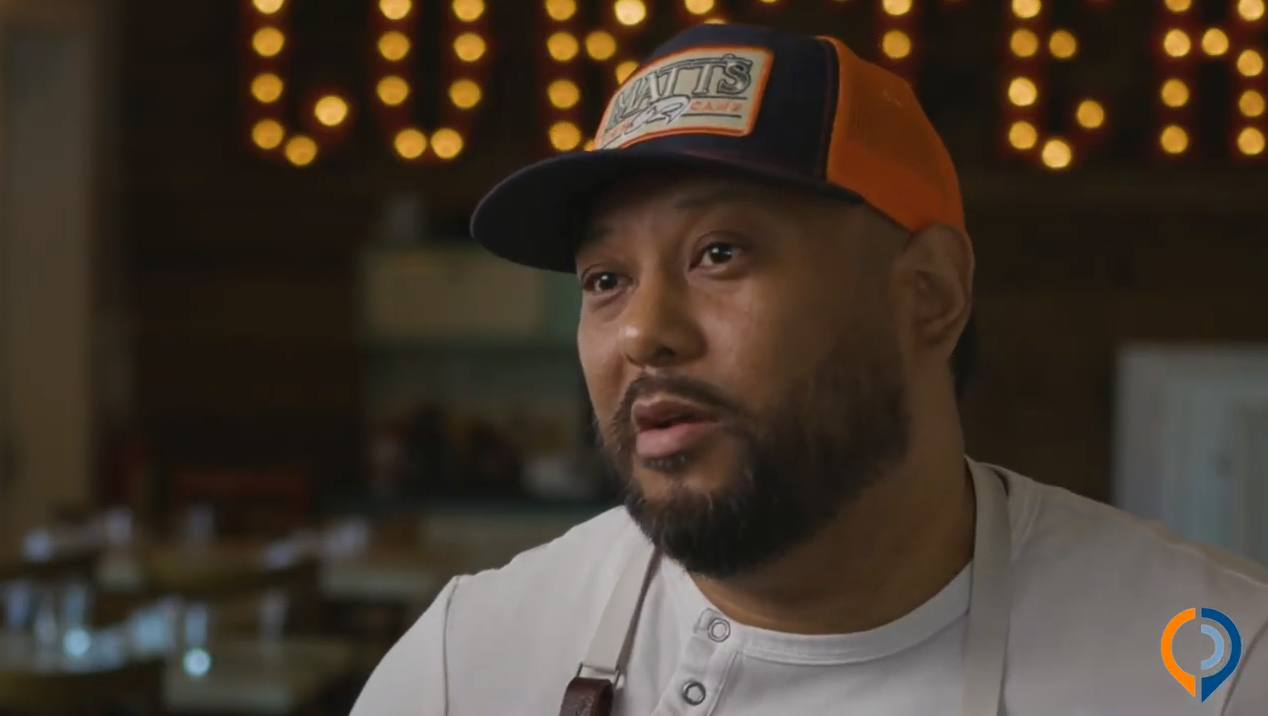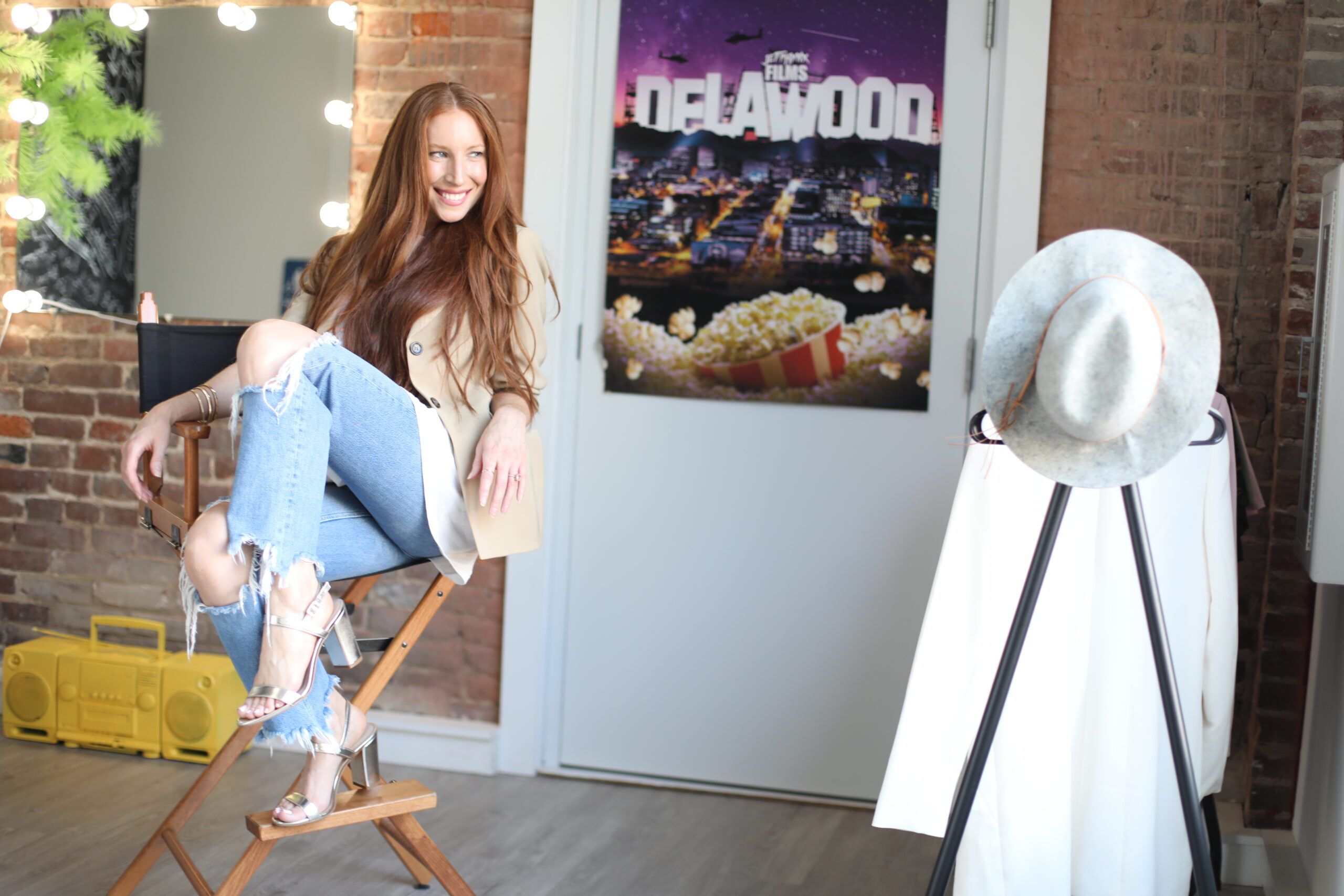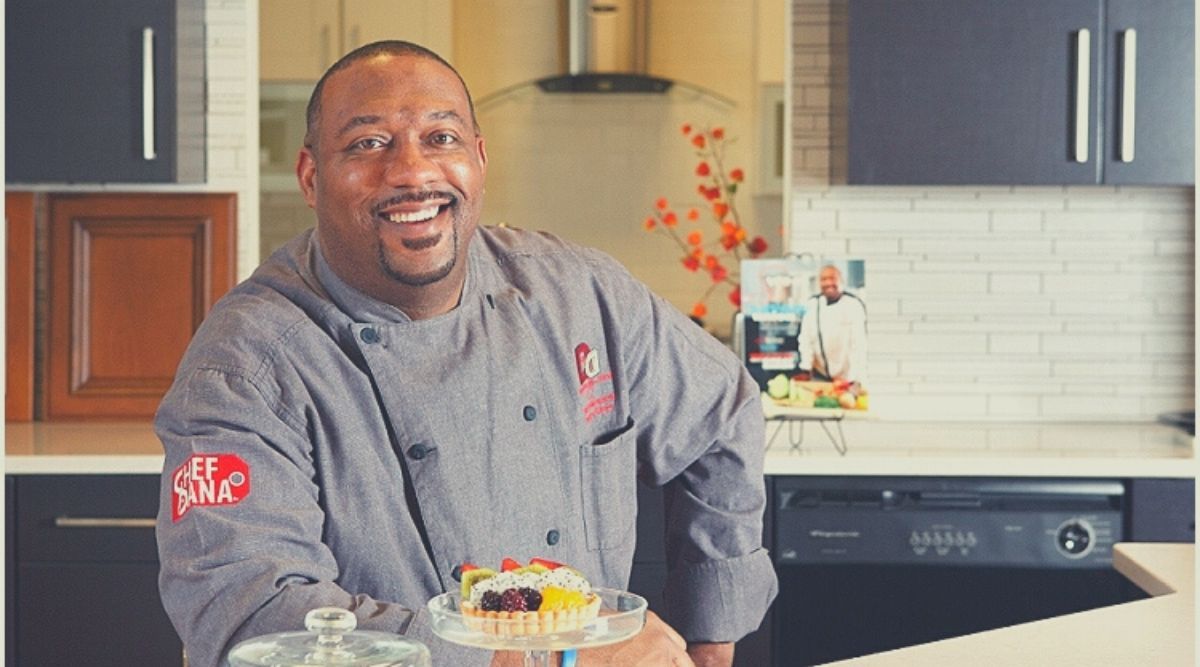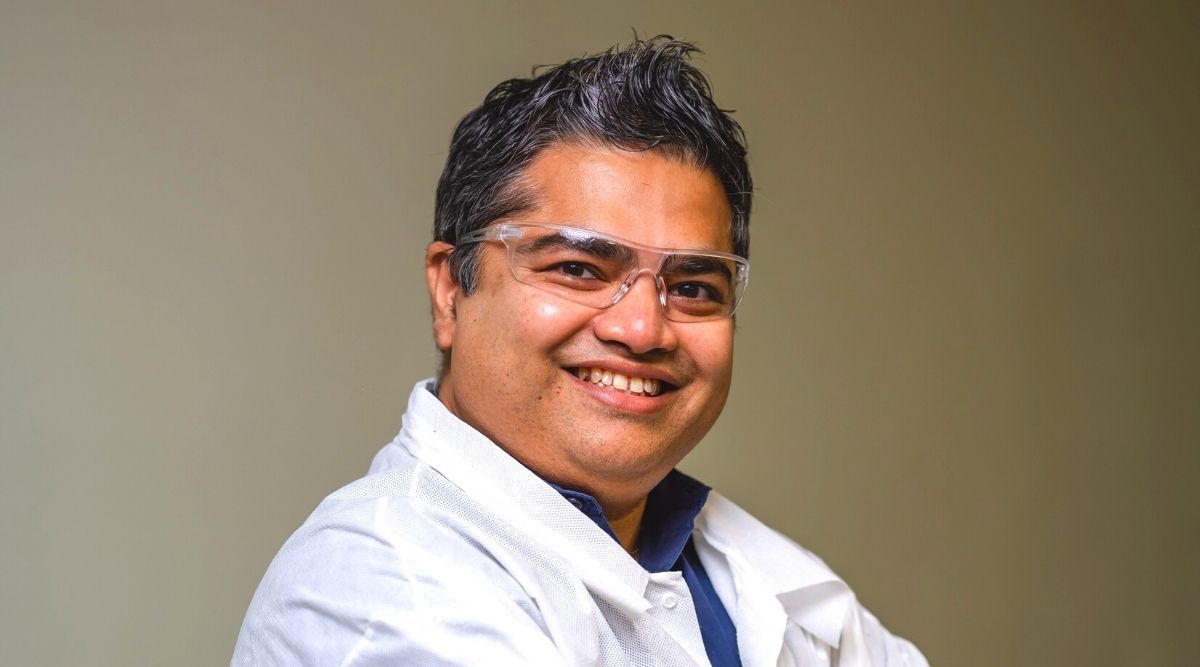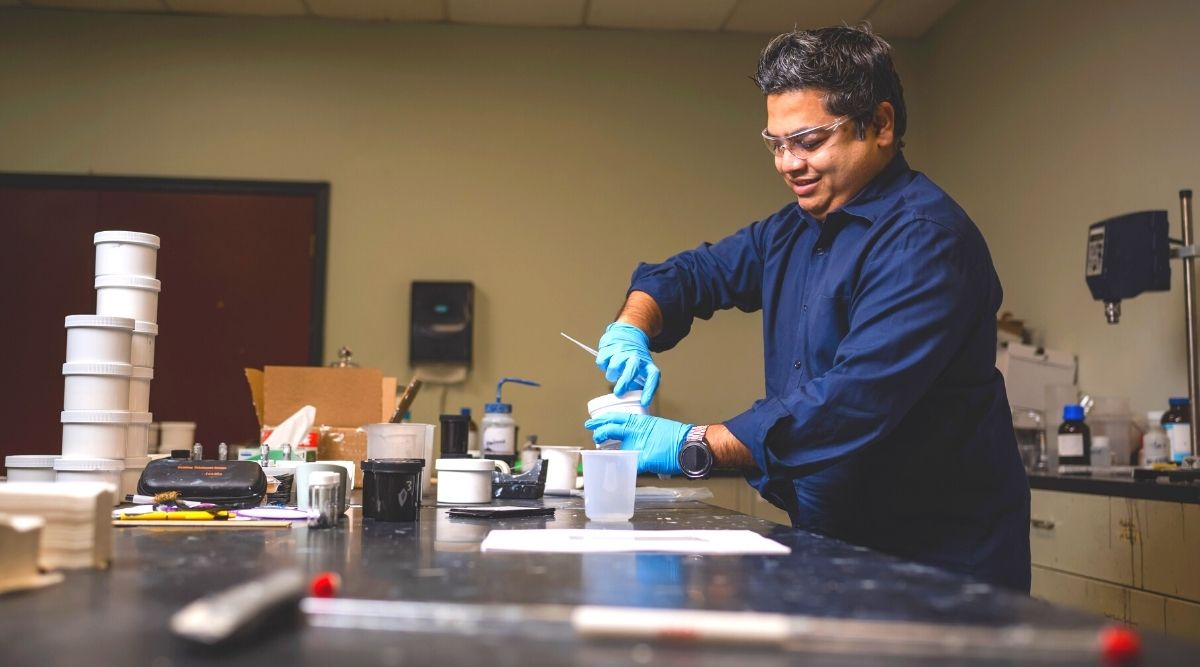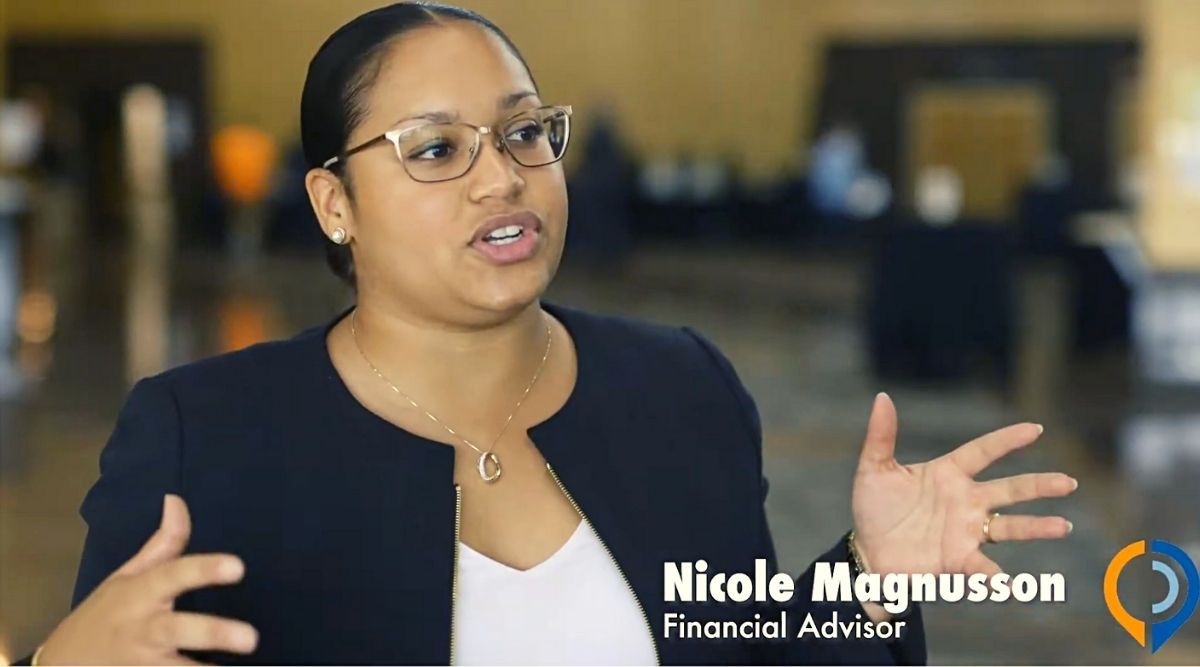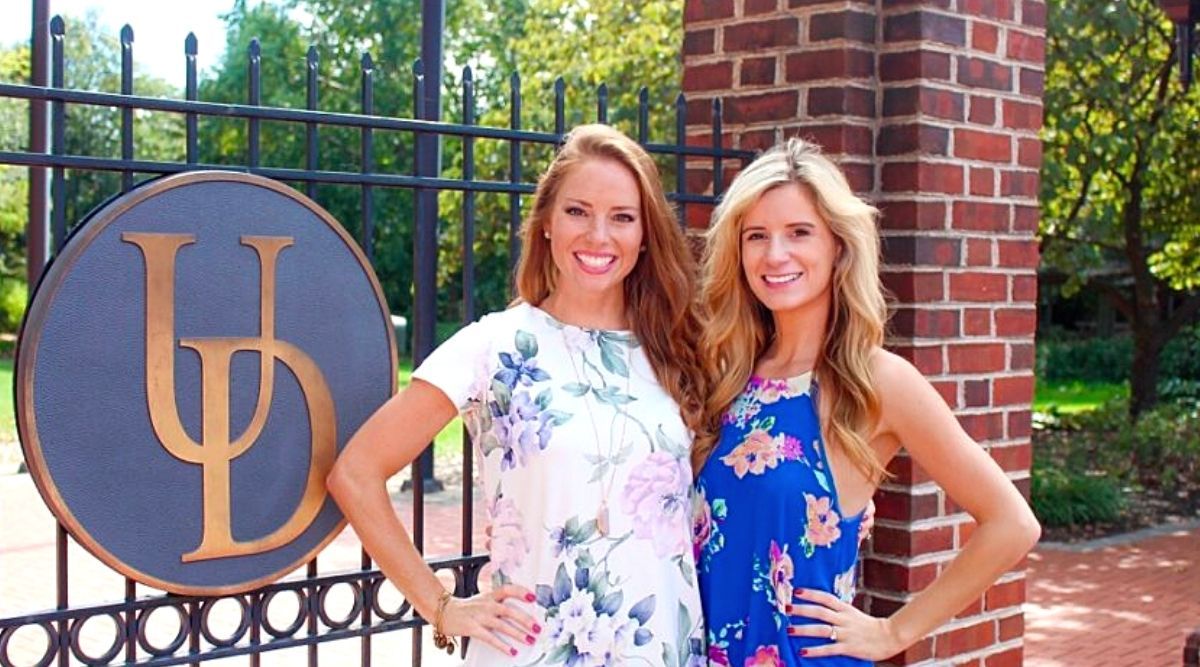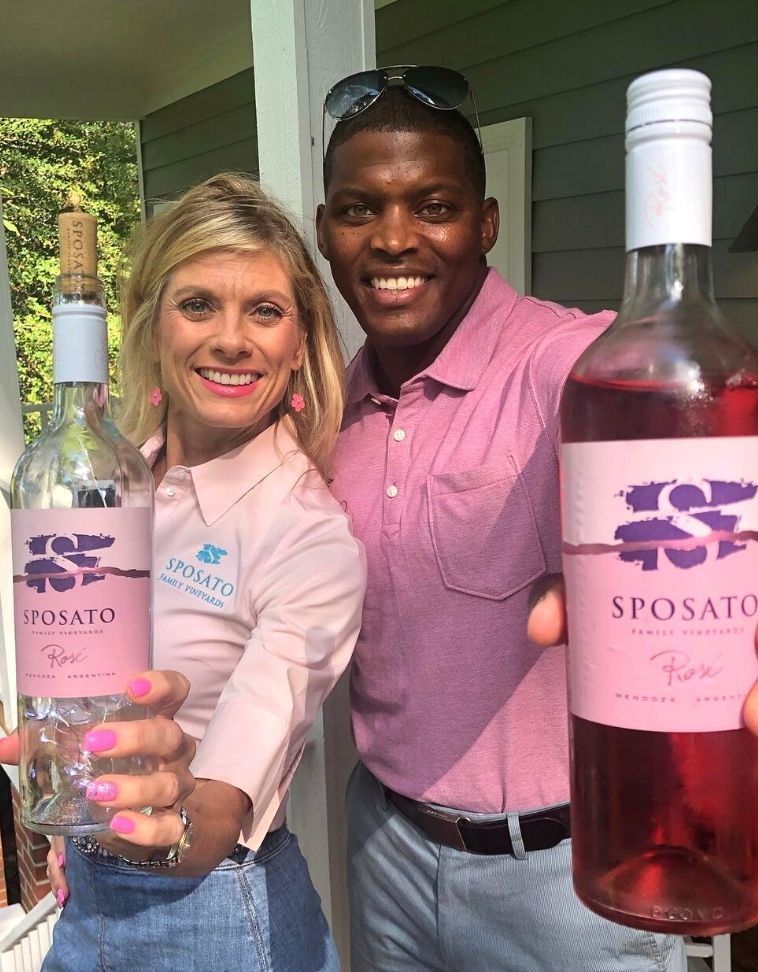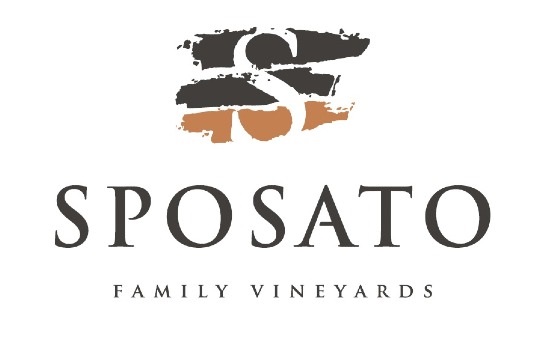Delaware’s Startup Ecosystem: Explore Delaware’s support system for startups, funding, mentorship, and networking
Innovation runs in Delaware’s DNA, dating back at least to the founding of the DuPont company in the early 1800s. Today, the startup ecosystem in Delaware continues to thrive, with support including funding, dedicated innovation spaces, and mentorship and networking opportunities. While not an exhaustive list of all resources for entrepreneurs, the following examples illustrate the collaborative community and active ecosystem that startups will experience in Delaware. Additional sources of support can be found on the Startup Resources page.
Funding for All Startup Stages
From pitch competitions to publicly-funded grants and everything in between, Delaware provides many resources for entrepreneurs to elevate their product or company to the next level. Startup 302 is an annual pitch competition sponsored by the Delaware Prosperity Partnership with a focus on supporting early-stage startups led by founders who are from underrepresented ethnic backgrounds, the LBGTQ+ community, or women. Prizes vary from $3,000 to $25,000 and are awarded as grants. Past winners include Rush Roto, an AI technology and photography company, and Resonate Forward, a medical device technology company, among other winners. TOVOIA
Another funding opportunity is the Encouraging Development, Growth and Expansion (EDGE) Grant, sponsored by Delaware’s Division of Small Business. This initiative provides competitive grants to qualified small businesses in Delaware, providing up to $100,000 for STEM-based companies and $50,000 for non-STEM entrepreneurs. Recent winners include Marin’s Med, a prosthetics innovation company in Sussex County, and All Azimuth Solutions, an advanced air mobility startup developing proprietary technology in Kent County.
Additionally, access to venture capital and seed funding in Delaware is also available. For example, Leading Edge Ventures based in the Delaware Technology Park provides seed and early-stage venture capital financing. Leading Edge Ventures focuses on startups based in the Mid-Atlantic region operating in the information technology and medical device field, two industry sectors with extensive networks in Delaware.
Innovation Hubs & Spaces
All good ideas need a place to call home, and Delaware has numerous business parks and incubators dedicated to supporting innovation and entrepreneurship in the state. For example, the Delaware Technology Park (DTP) provides development-stage companies in the life sciences, information technology, advanced materials, and renewable energy industries with space, resources, and connections to accelerate their business in three locations near University of Delaware. Since its inception in 1992, more than 75 companies have located at DTP such as QPS, a biotech contract research organization, and Prelude Therapeutics, a clinical-stage biopharmaceutical manufacturer.
Another facility that supports innovation and entrepreneurship in the life sciences is the aptly-named Innovation Space, with more than 130,000 square feet of state-of-the-art multi-use lab space. Located within the DuPont Experimental Station in northern Delaware, companies located at the Innovation Space benefit from safe, secure labs of various sizes designed to support biotechnology, chemistry, and materials science research. The Innovation Space also provides critical support elements including access to funding competitions and accelerator programs, encouraging dozens of startups like Versogen, a green hydrogen solution company, and Adesis, a contract manufacturing and development organization with a focus on clean tech.
Mentorship & Networking Opportunities
In a small state like Delaware, networking and mentorship opportunities live around every corner. For example, the Equitable Entrepreneurial Ecosystem (E3) is a membership cohort from the Pete du Pont Freedom Foundation aimed at supporting entrepreneurs with mentorship, connections, and collaboration. The top areas of focus include leadership coaching, marketing, ecosystem collaboration, human resources, and finance and accounting. Any stage entrepreneur is welcome to join E3 and benefit from participating in a network of like-minded individuals and potential partners.
Other key networking groups include Tech Forum and DelawareBio. Tech Forum provides resources for tech companies in the Delaware area, including presentations from thought leaders and networking events. Past events include discussions of robotics and the Blue Economy, AI, and cryptocurrency. DelawareBio promotes innovation in the life sciences in Delaware through policy research and advocacy, hosting events showcasing industry innovation, and collaborating with industry, academic, and government partners. Events range from monthly happy hours to day-long conferences focused on life sciences.
All This Plus More
Considering the wealth of funding, mentorship, and networking opportunities available to startups in Delaware, it is no wonder that the state is home to a thriving ecosystem for entrepreneurs across multiple sectors. More resources for funding, mentorship and networking can be found here, as well as information about incubators, accelerators, education programs, and more.

